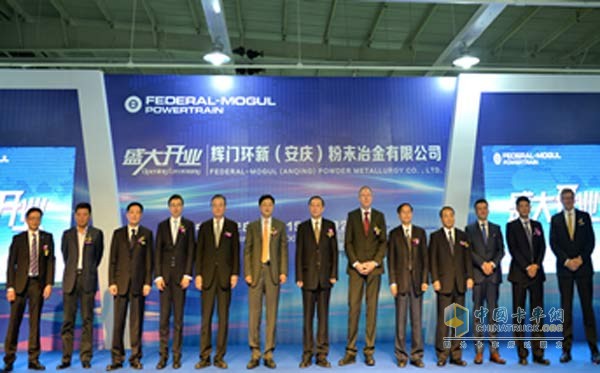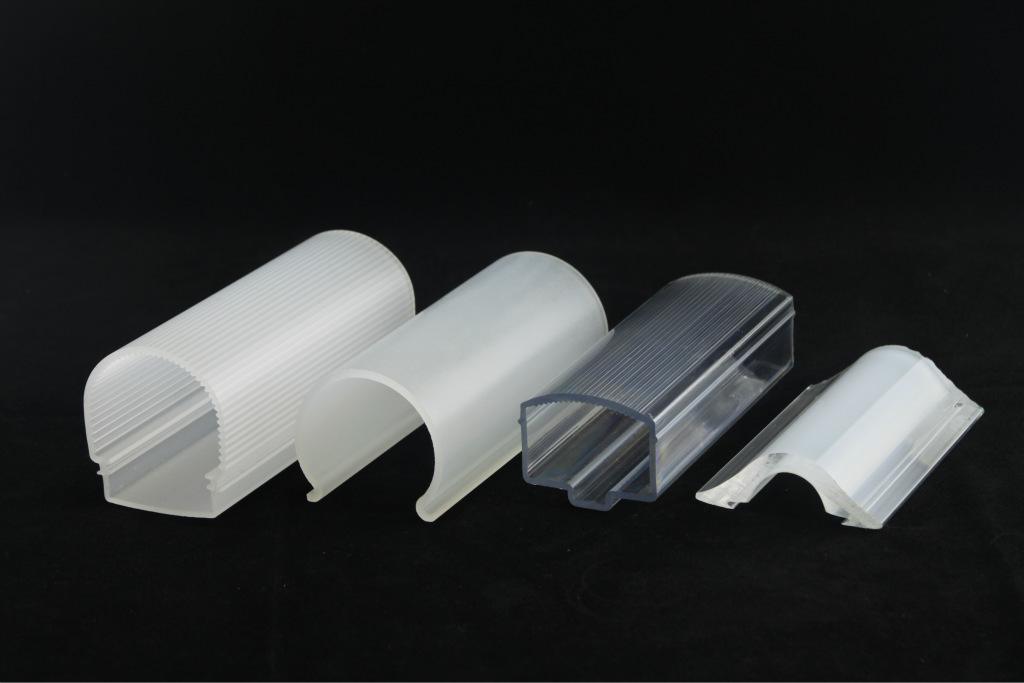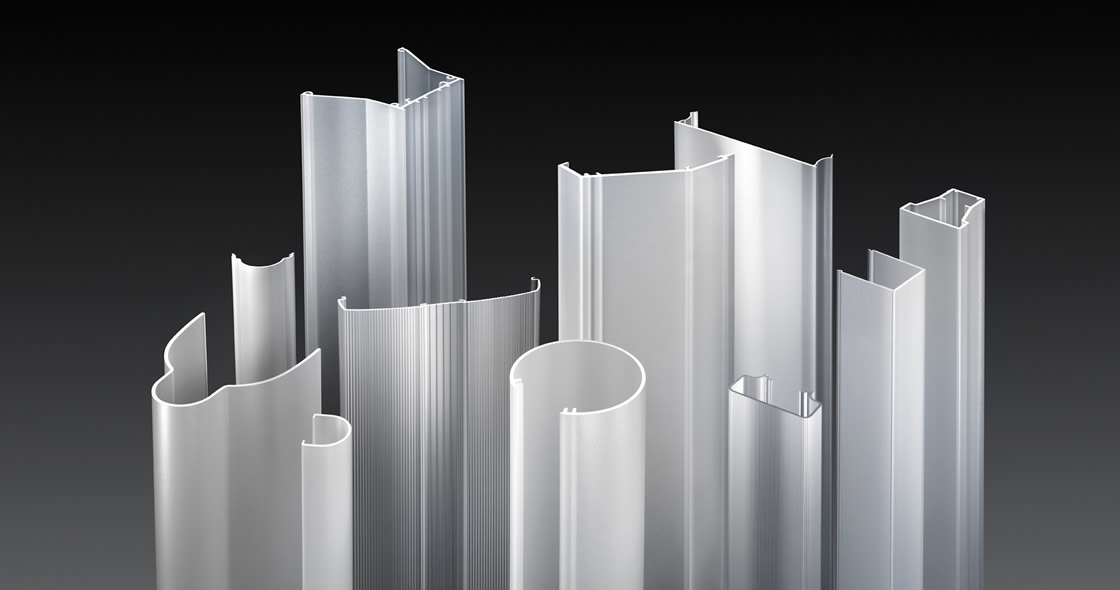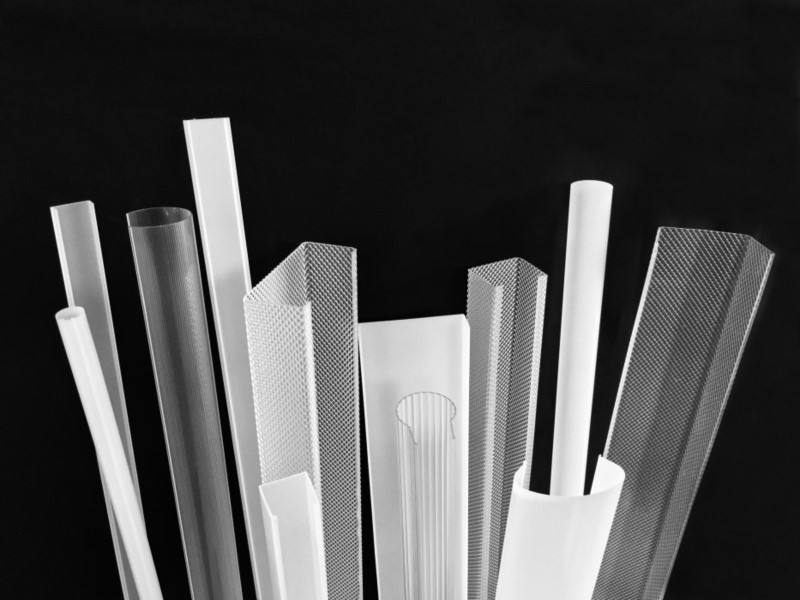The Federal-Mogul Group’s powertrain organization announced today that its new plant for a valve seat and conduit joint venture in Anqing, China, has been officially put into production. The investment in the new plant will further expand the operational structure of the Federal-Mogul Powertrain in China, laying a solid foundation for comprehensively leading the energy-saving and emission reduction of China's internal combustion engines . Federal-Mogul Powertrain has a controlling stake in the new joint venture. “The Federal-Mogul Powertrain continues to develop innovative technologies that take into account local regulations and market requirements to help local customers improve fuel economy, reduce emissions, and improve vehicle performance. China is an important operating base for Federal-Mogul Powertrain and an Anqing joint venture plant is in operation. This indicates that we have fully increased investment in the Chinese market and continuously strengthened our ability to respond to local customers' service capabilities, said Olaf Weidich, general manager of Valve Seat and Conduit Global Business at Valve Gates at Federal-Mogul. The new plant is located in the 3.9 square kilometer industrial park in the development zone of Anqing City, Anhui Province. The first phase covers an area of ​​17,000 square meters and has a building area of ​​10,000 square meters. The company will produce the world's leading super wear-resistant valve seats and conduits to meet the turbine requirements. Supercharged and non-turbocharged engines, heavy and industrial engine exhaust gas recirculation (EGR) and non-EGR and other specialty engine applications. “The joint venture plant in Anqing will introduce the world’s leading patented powder metallurgy technology. With its rich experience in product development and process flow, the new plant will provide a variety of solutions for increasing customer demand.†Federal-Mogul Power Steven Krause, Managing Director of East Asia, said, “We are grateful to the local government of Anqing City and the joint venture Huanxin Group for their cooperation in the project and hope that the new plant will become the preferred valve seat and conduit supplier in the Asia Pacific region.†In 2015, Federal-Mogul Powertrain continued to expand its operations in China. In Nanchang, it invested in the construction of a new factory for sealing systems. In Changsha, its industrial piston ring joint venture plant is also officially operating. Federal-Mogul completed its first manufacturing plant in China in 1995. With globally-connected engineering capabilities and localized production capabilities, Federal-Mogul Powertrain has established a leading position in the Chinese automotive market, providing sustainable high-performance engine components for Chinese automotive market customers. Today, the Federal-Mogul Powertrain has opened 13 wholly-owned or joint venture companies in nine cities. Federal-Mogul Powertrain Shanghai Asia Pacific Technology Center is one of Federal-Mogul's global networking engineering and technology centers, providing leading technology and services to vehicle manufacturers in China and other Asian countries.
HONYPRO®Polycarbonate has many good qualities like those of the metal, glass, and plastics united in it. The material is extremely impact resistant, stiff, transparent, and can handle hot and cold environments. Polycarbonate profiles are dimensionally stable. Polycarbonate profiles are used where a high impact resistant profile needs to be combined with light transmission. The applications vary from automotive, aircraft, lighting, and electronic industry. Polycarbonate is sensitive to the infusion of plasticizers and oil from Soft PVC and some rubbers. Keep this in mind when it is used as a seal or sealant; for this purpose, plasticizer-free flexible plastics are available.
Polycarbonate is resistant to diluted mineral acids, aliphatic hydrocarbon, gasoline, grease, and alcohol. It is not resistant to alkalis, ammonia, aromatic hydrocarbons, benzene, and ozone. Polycarbonate is sensitive to various chemicals that can induce environmental stress embrittlement.
Polycarbonate profiles are frequently used in:
Polycarbonate is extremely impact resistant, relatively scratch proof, and features a high gloss surface. The material is considered one of the high-quality plastics. Polycarbonate is also highly resistant to high temperatures. Its maximum tolerable temperature is 130â° C (266â° F). the impact resistance remains good at low temperatures. Polycarbonate gets frail around -190â° C (-310â° F). yet another advantage is the relatively low expansion coefficient of polycarbonate. According to the BGA and FDA guidelines, some polycarbonate products are approved for the food industry. Among other products, baby bottles are made from polycarbonate.
By utilizing special pigments, the colorfastness is excellent. Polycarbonate is crystal clear and thus can be transparently colored. When the material experiences prolonged exposure to outdoor environments, the surface will turn yellowish while the impact resistance diminishes. By using UV- stabilizers and coatings, the outdoor life span can significantly improve.
PC profiles is suitable to bond with other thermoplastics like co-, tri-, and quad extrusion. Next to bonding with natural PC, like with a different color, it also bonds well with ABS, ASA, and TPU
Welding is best done with a heat source, like hot air or mirror welding at temperatures of 400â° C (752â° F). before welding, the material must be dried and made tension-free by heating it at a high temperature.
Polycarbonate profiles,PC extrusion profiles,PC profiles,PC,Polycarbonate Hony Engineering Plastics Co.,Ltd. , https://www.honyplastic.com
Federal-Mogul Power Plant settled in Anqing 
Chemical resistance of polycarbonate profiles
Applications polycarbonate profiles
Material qualities polycarbonate profiles

Polycarbonate colored profiles
Bonding with other materials
Welding polycarbonate profiles

Federal-Mogul Powertrain new joint venture factory settled in Anqing